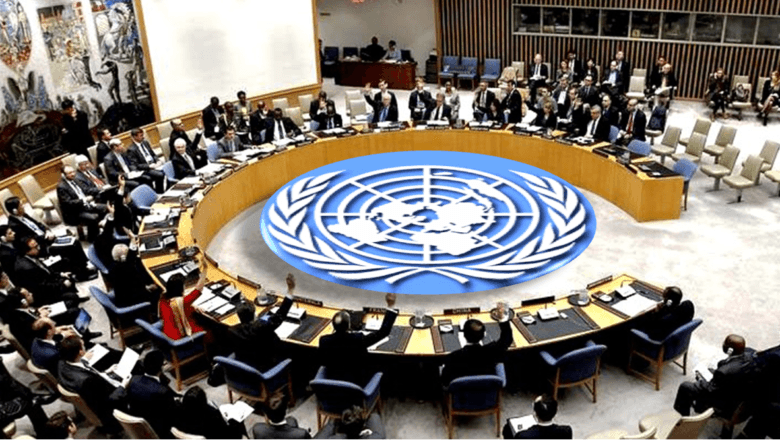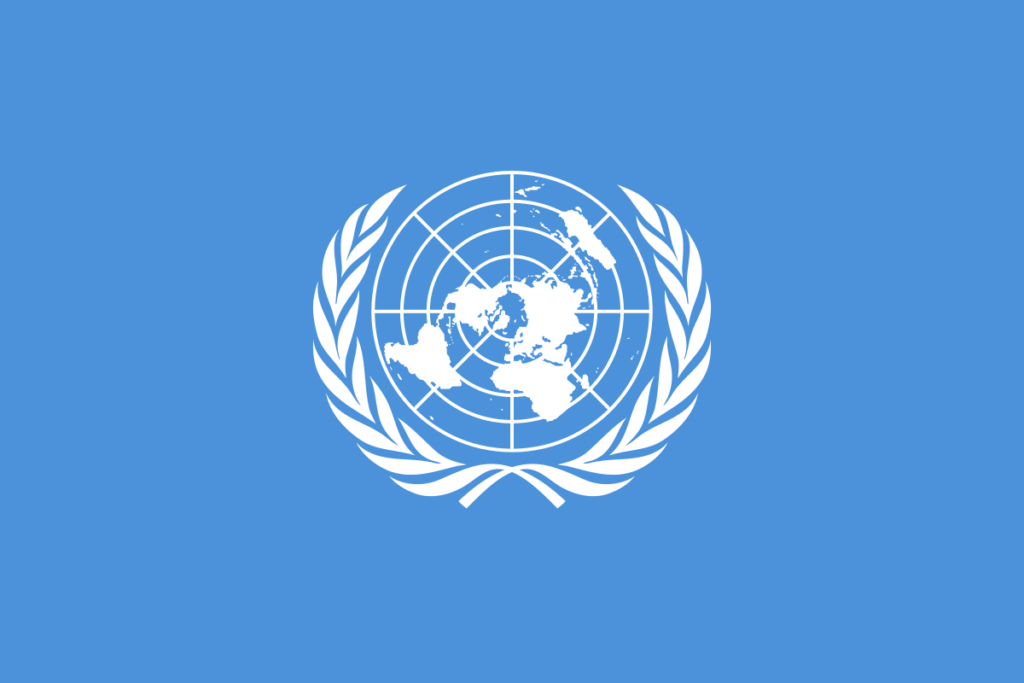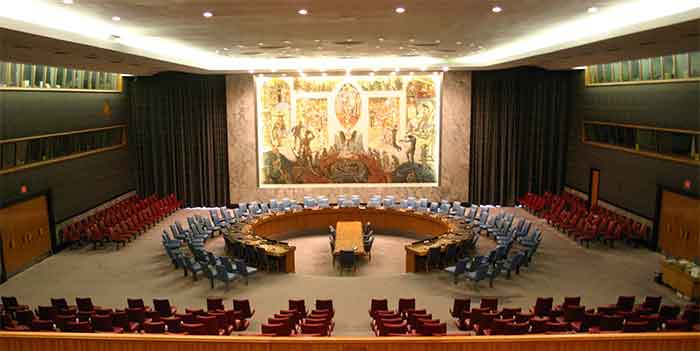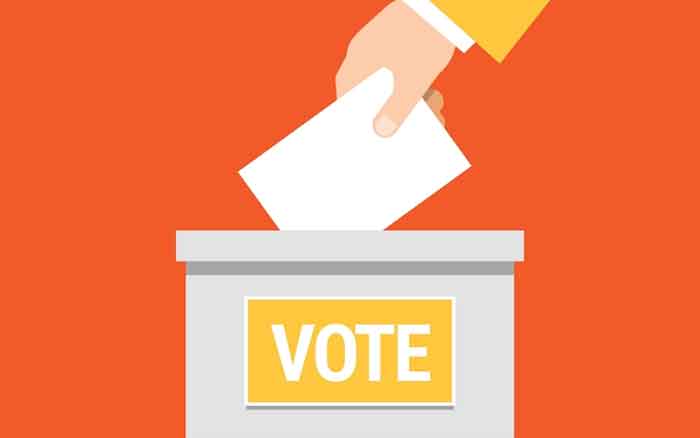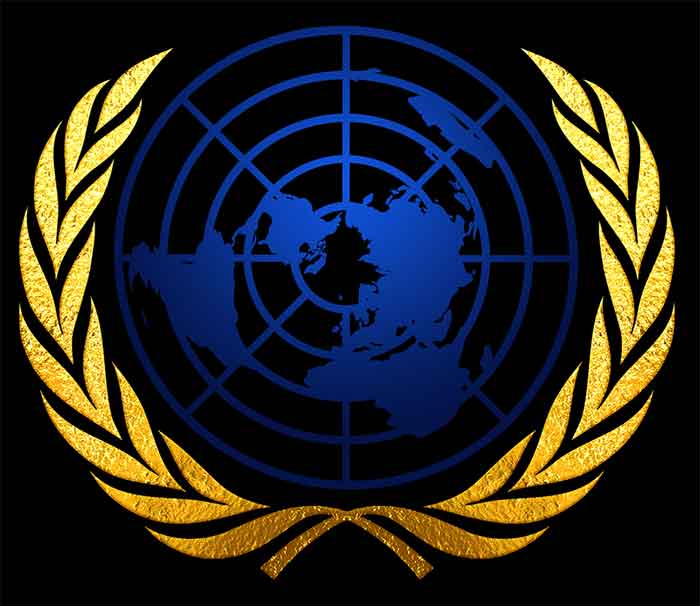
On April 3 a resolution condemning sanctions being imposed increasingly on many countries was approved by 33 votes to 13 in the United Nations Human Rights Council. While the countries which voted against this condemnation included the USA and its well-known European allies, the countries which voted for condemning sanction regimes represented a much greater part of the world and included, among other countries, India, China, Pakistan and Bangladesh.
In recent years there has been growing resentment against the misuse of sanctions as very adverse impacts of sanctions on people including children have been reported from several countries like Iraq. Despite this sanctions have been increasing rapidly with the USA in the lead role of imposing these followed by its close allies and several NATO members.
According to a review of the sanctions administered by the Office of Foreign Assets Control (OFAC) in the USA (sanction designation), made by the US Department of Treasury, the number of these sanctions increased from 912 in 2000 to as high as 9421 in 2021, even before the sanctions of 2022 targeted particularly at Russia came into force. What is more, this review stated–OFAC sanctions tell us only part of the story, as the US continues to rely on export control, foreign direct investment reviews, import restrictions and restrictions with respect to use of information and communications technology and services supplies to achieve foreign policy goals.
In his book on this subject titled ‘The Economic Weapon—The Rise of Sanctions as A Tool of Modern War’, Nicholas Mulder has argued that while sanctions started as a peacemaking tool after World War 1, these have become more and more hostile and appear more like a form of warfare now. The author has stated in an interview, “Both in their underlying goals ( regime change and breaking the will to resist ) and in their effects on civilian society, immiseration, starvation, disease, bankruptcy, –these approaches to sanctions can produce measures whose functions and consequences are identical to war.”
This book has quoted an official in the UN as stating in 2015 that nearly one third of the world’s population lives in countries that have some form of economic sanctions.
Keeping in view all these factors the recent resolution, which was submitted by Azerbaijan on behalf of the non-aligned countries and approved with an overwhelming majority, assumes a lot of importance. This resolution has strongly condemned the continued unilateral application and enforcement by certain powers of such measures as tools of pressure, including political and economic pressures against any country, particularly against least developed and developing countries, with a view to pressuring these countries from exercising the right to decide, of their own free will, their own political, economic and social systems. This resolution has urged the removal of such measures as they are contrary to the Charter and norms and principles governing peaceful relations among states. Further, and significantly, this resolution has urged all states to stop accepting, maintaining, implementing, complying with unilateral coercive measures.
This resolution against sanctions should be seen not as an isolated step but rather as one of a series of international resolutions and sanctions which have drawn attention to the urgency of checking increasing (mis)use of sanctions to create endless problems for many countries and their people.
Bharat Dogra is Honorary Convener, Campaign to Save Earth Now. His recent books include Planet in Peril, Man over Machine and A Day in 2071.

